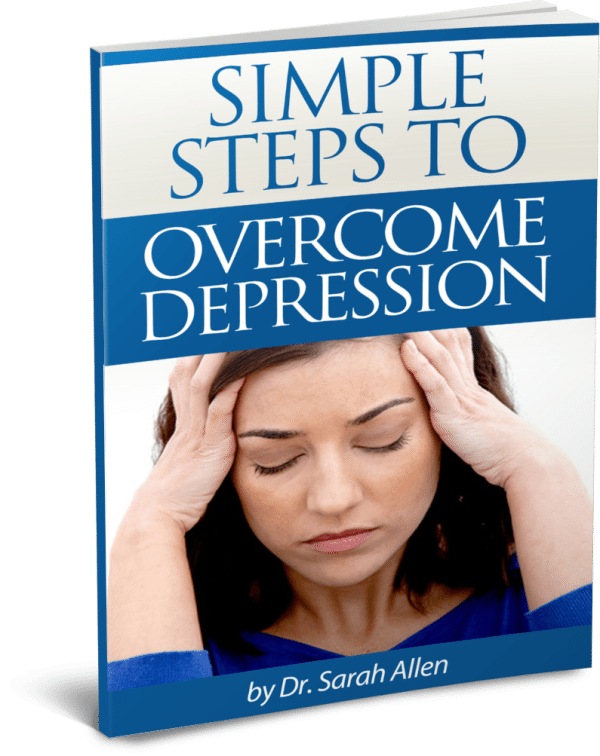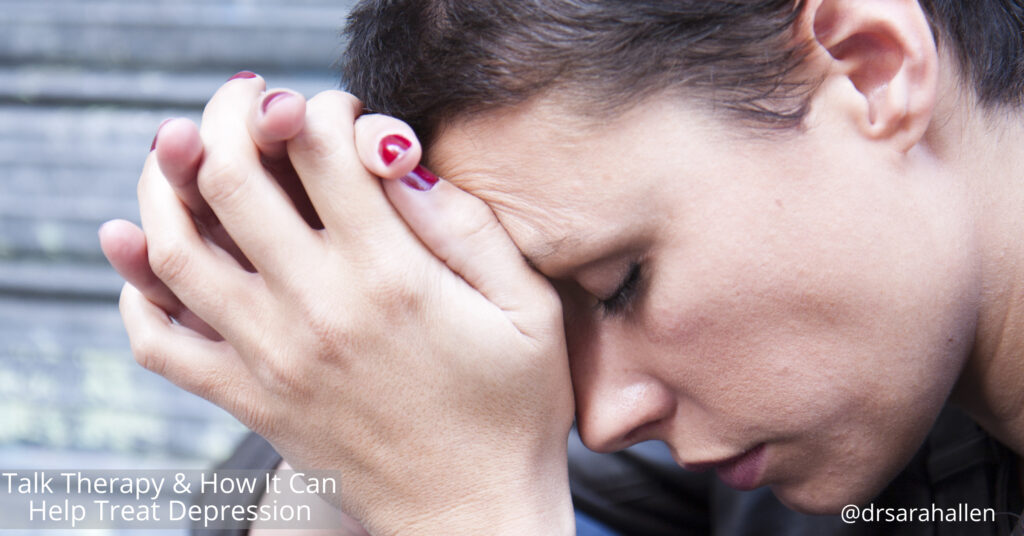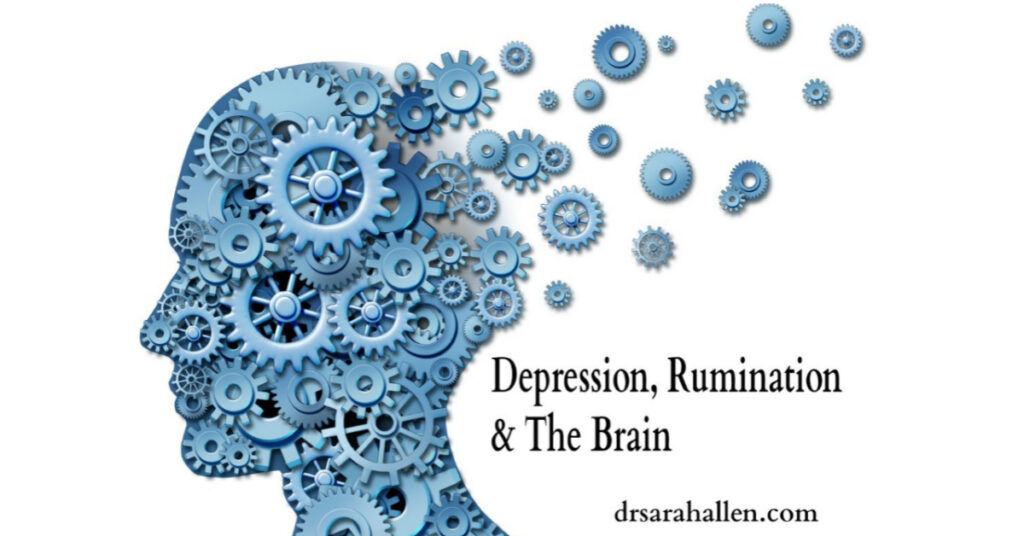
High-functioning depression is a term used to describe a type of depression where individuals
maintain their daily activities while still experiencing depressive symptoms. People with this
condition often appear to be fine on the surface, holding down jobs, maintaining relationships,
and meeting their responsibilities. However, beneath this facade, they struggle with persistent
feelings of sadness, emptiness, and fatigue.
Living with high-functioning depression can be challenging because the signs are not always
immediately noticeable. Many individuals may not even realize they have it, attributing their
symptoms to stress or a busy lifestyle. This type of depression can lead to a gradual decline in
overall well-being and may worsen over time if left untreated. Understanding the signs and
symptoms of high-functioning depression is crucial for getting the help needed to manage and
overcome this condition. Let’s dive deeper into recognizing high-functioning depression and
explore ways to address it effectively.
What Is High-Functioning Depression?
High-functioning depression, also known as dysthymia or persistent depressive disorder, is a condition where someone can perform daily tasks but still struggles with ongoing depression. Unlike major depression, which can be very debilitating, high-functioning depression allows individuals to maintain their responsibilities, such as work and family obligations. They appear to be functioning well, but underneath the surface, they experience chronic low moods and other depressive symptoms.
Individuals with high-functioning depression often mask their feelings, putting on a brave face for the world. They may feel overwhelmed, lack joy in activities they once enjoyed, and struggle with feelings of hopelessness. Despite these internal struggles, they continue to push through their day-to-day tasks, often feeling emotionally exhausted. Recognizing high-functioning depression can be difficult because these individuals seem to be managing their lives well. However, the impact on their mental health is significant and should not be overlooked.
Common Symptoms of High-Functioning Depression
Identifying the symptoms of high-functioning depression can be challenging as they might appear subtle. Here are some common symptoms to look out for:
1. Persistent Sadness: A constant feeling of sadness or emptiness that doesn’t go away, even on good days.
2. Fatigue: Feeling tired or lacking energy most of the time, even after a full night’s sleep.
3. Low Self-Esteem: Persistent feelings of worthlessness or excessive guilt.
4. Difficulty Concentrating: Problems focusing on tasks, making decisions, or remembering details.
5. Changes in Sleep Patterns: Sleeping too much or suffering from insomnia.
6. Appetite Changes: Significant changes in eating habits, leading to weight loss or gain.
These symptoms may seem like typical stress or occasional bad moods, but when they persist for a long time, they could indicate high-functioning depression. Recognizing these symptoms early can help in seeking the appropriate treatment and support. Understanding that these feelings are part of a broader condition can be the first step in addressing and managing depression effectively.
Five Signs You Have High-Functioning Depression
Identifying high-functioning depression can be tricky because individuals often appear to be handling their lives well. However, certain signs can indicate that someone is struggling beneath the surface. Here are five signs:
1. Perfectionism: Striving for perfection in everything you do, even if it exhausts you.
2. Overworking: Using work as a way to distract from feelings, often resulting in an excessive work schedule.
3. Avoidance of Feelings: Engaging in activities to keep busy and avoid focusing on negative emotions.
4. Difficulty Saying No: Taking on more tasks and responsibilities, even when already overwhelmed.
5. Persistent Restlessness: Feeling uneasy or restless, even when relaxing or on vacation.
Recognizing these signs is crucial for understanding that what you are experiencing may be more than just stress. If you identify with these behaviors, it might be time to reach out for help.
Why Do People Feel the Need to Hide or Mask Their Depression?
There are several reasons why individuals might conceal their depressive symptoms from others:
1. Cultural or Family Norms: You may have been raised in an environment that discourages discussing mental health issues.
2. Self-Reliance: You believe that pushing through on your own will make you feel better.
3. Professional and Personal Concerns: You aim to prevent your depression from affecting your job and relationships, hoping it will eventually subside.
4. Discomfort with Vulnerability: You find it difficult to show vulnerability or what might be perceived as weakness.
5. Shame: You feel ashamed about having depression.
6. Fear of Rejection: You worry that revealing your depression will cause your life to unravel and lead to abandonment by those around you.
Effective Treatments for High-Functioning Depression
When I treating high-functioning depression it involves an individualized plan that may combine therapy with lifestyle adjustments. Some effective treatments include:
Talk Therapy For Depression
One of the most effective treatments for high-functioning depression is talk therapy, also known as psychotherapy. This involves discussing the connection between your thoughts, feelings, and behaviors which can lead to significant improvements in managing depression.
Talk therapy helps people uncover the root causes of their depression. By exploring personal history, relationships, and behavioral patterns, you can gain insights into what contributes to their depressive state.
Through therapy, you can also learn coping mechanisms and strategies to manage your symptoms. This might include stress management techniques, healthy lifestyle adjustments, or ways to alter negative thought patterns.
Every person’s experience with high-functioning depression is unique. Because I have over 25 years of experience treating depression, I can tailor my approach to meet your specific needs, using techniques such as cognitive-behavioral therapy (CBT) which looks at how our unhelpful, negitive thoughts can influence our emotions, interpersonal therapy (IPT) which looks at how you interact with other people, or other evidence-based methods.
Medication For Depression
I do not prescribe antidepressants but I work closely with psychiatrists, or your internist, if we feel antidepressants might be useful. Although it doesn’t dig deep into the root of the problem, antidepressant medications can be beneficial, especially when combined with talk therapy.
Self-care
Regular physical activity, a balanced diet, and sufficient sleep are fundamental to improving mental health. Incorporating these habits can help enhance mood and increase overall well-being. I can support you while you add self-care habits to your way of life.
Social Support
Building and maintaining a strong support network of friends, family, or support groups can provide emotional comfort and reduce feelings of isolation. If you are experiencing relationship difficulties we can look at understanding what is getting in the way of meaningful realtionships and work on improving communication. Often people with high-functioning depression mask their symptoms and for many reasons don’t want to admit to others how they are feeling or accepting support. We can look at the underlying reasons for this and with small, manageable goals that you do at your own pace, learn to be more open with loved ones.
It is essential to develop a treatment plan that fits your needs and lifestyle. Combining different strategies can provide a comprehensive approach to managing high-functioning depression.
Conclusion
Recognizing high-functioning depression is the first step towards managing and overcoming it. By understanding the signs and symptoms, you can take proactive steps to seek help and improve your mental health. High-functioning depression is a serious condition, but with the right support and treatment, it can be managed effectively.
If you suspect you may be experiencing high-functioning depression, please don’t hesitate to reach out for help. Professional counseling with a specialist can provide the guidance and support you need. At Dr. Sarah Allen Counseling, I offer personalized depression treatment in Northbrook, North Chicago Suburbs and accross Illinois and Florida to help you navigate your mental health journey. Contact me below to start your path toward emotional well-being and brighter days.

If you have any questions, or if you would like to work with me and learn more about how to manage depression, please phone me at 847 791-7722 or on the form below.
If you would like to read more about me and my areas of specialty, please visit Dr. Sarah Allen Bio. Dr. Allen’s professional license only allows her to work with clients who live in IL & FL & the UK and unfortunately does not allow her to give personalized advice via email to people who are not her clients.
Dr. Allen sees clients in person in her Northbrook, IL office or remotely via video or phone.

What Can I Read That Helps Me While I Am Waiting For My First Appointment With Sarah?
Download this free report to gain valuable insights and practical strategies for managing depression and reclaiming your peace of mind.












